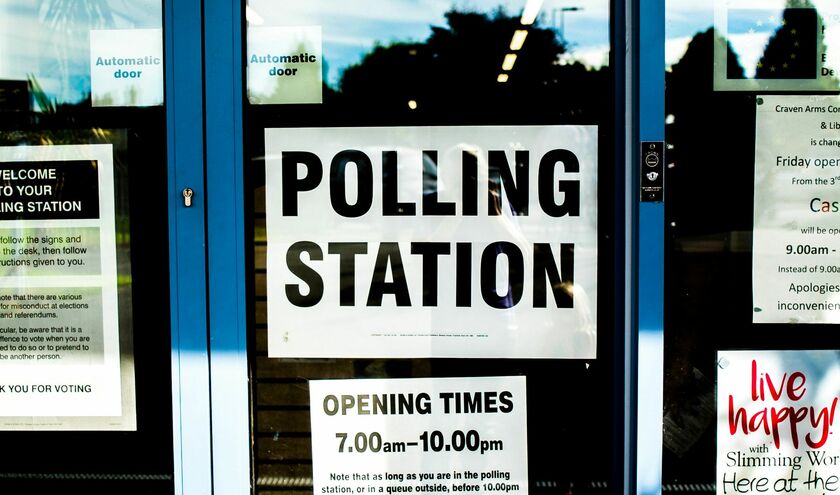The pledges: NHS
There were no shortages on pledges last week as the Conservatives, Labour and the Liberal Democrats sought to grab votes on the NHS and social care.
On the NHS, the Conservatives said they would increase NHS spending above inflation every year, recruiting 92,000 more nurses and 28,000 more doctors. The Tories promised to drive up productivity in the NHS and move care closer to people's homes through Pharmacy First, new and modernised GP surgeries and more Community Diagnostic Centres.
Labour promised to Cut NHS waiting times with 40,000 more appointments every week, double the number of cancer scanners, introduce a new Dentistry Rescue Plan, create 8,500 more mental health workers and return to the ‘family doctor'.
The Lib Dems said they would giving everyone the right to see a GP within seven days, or within 24 hours if they urgently need to, with 8,000 more GPs to deliver on it, guaranteeing access to an NHS dentist and said they would make receiving cancer treatment within 62 days a legal right.
The pledges: social care
On social care, the Tories pledged to implement their delayed plans to cap lifetime social care costs at £86,000 from October 2025 and increase the means test threshold for support up to £100,000. Labour pledged to establish a Fair Pay Agreement for care workers and establish a National Care Service. The Lib Dems were the only party to devote a whole chapter to social care, pledging free personal care, a National Care Agency to set minimum standards of care, setting a care worker's minimum wage at £2 above the National Minimum Wage, creating a Royal College of Care Workers and establishing a Commissioner for Older People and Ageing and a Minister for Tackling Loneliness.
Where's the money coming from?
So far, so good. But where is the all the money coming from all of this? None of the parties were willing to stick their neck out and set out an overall spending plan for health and social care with the bill for meeting targets set to be in the post from the next administration.
The Tories promised to increase spending above inflation but as the Institute for Fiscal Studies (IFS) pointed out, NHS spending as only failed to match inflation only five times between the 1950s and the pandemic. In addition, the party plans out £1.2 billion (cash terms) in net additional spending per year by 2029-30 on pledges, including an expansion of the role of pharmacists, building or upgrading 250 GP practices and increasing mental health spending. George Stoye, associate director at IFS, further points out that the Tories' pledge to hit NHS constitutional target which have not been met in a decade would be ‘very expensive' with spending way above the last decade.
Similarly, the IFS is scathing in the lack of spending detail provided by Labour to fund its myriad promises on the NHS, the most prominent of which is to eliminate elective waiting times above 18 weeks by the end of the next Parliament by creating 40,000 appointments each week. However, Max Warner, research economist at IFS, noted this commitment will require real-terms funding growth upwards of 3% per year with Labour providing no detail of how this would be raised. Labour has said it will fund the plans by cracking down on tax dodgers and non-dom tax havens.
The Lib Dems for their part have pledged an additional £9bn annually to fund their ambitious plans for health and social care but the IFS has warned this ‘would not be nearly enough to meet demand and increased costs as well as all the improvements they suggest'.
Prevention better than cure
While being reluctant to be upfront on the daunting health bill the next Government will face, all parties agree that the only truly sustainable way forward for health care is the adoption of a preventative model which addresses supply rather than demand. The Tories have pledged to modernise NHS primary care services and bring health and care closer to patients to ease pressure on hospitals, while Labour has promised to ‘shift our NHS away from a model geared towards late diagnosis and treatment, to a model where more services are delivered in local communities'. The Lib Dems pledged to establish ‘a cross-Government ‘Health Creation Unit' would be established to improve the nation's health and tackle health inequalities'.
As Matthew Taylor, chief executive of the NHS Confederation, has said a sustainable health service requires a ‘fundamental rethinking of how governments approach health and wellbeing across the country'. The next administration will need to put forward bold cross-Government plans that extends the remit of building the health of the nation far beyond the NHS.



